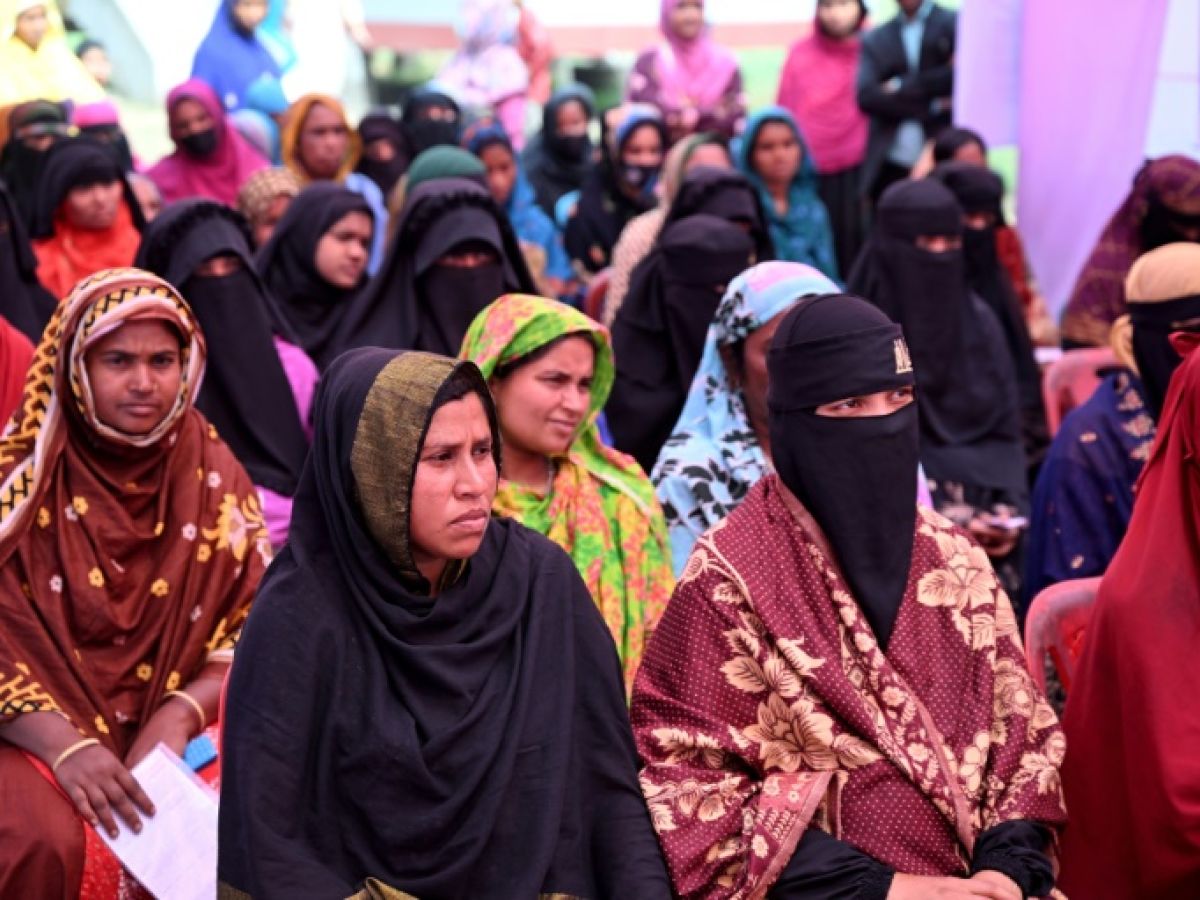In the months since the Supreme Court revoked the federal guarantee of abortion rights, infant mortality has risen sharply in the United States, particularly due to birth defects, according to a new study published on October 21, 2024, and published in the journal JAMA Pediatrics
Federal states have full latitude to legislate on the right to abortion
Ending half a century of precedent in June 2022, the Supreme Court, with its conservative majority since the appointment of three justices by Donald Trump, gave states full latitude to legislate in this area. At least 20 of them have since implemented partial or total restrictions on voluntary termination of pregnancy.
The issue is playing an important role in the presidential campaign, two weeks before the election in the United States. On November 5, Americans will also vote on whether states should guarantee the right toabortion in no less than ten of them.
This new study, led by Maria Gallo and Parvati Singh of Ohio State University, analyzes a national database and its results on the consequences of abortion restrictions are consistent with those of studies published earlier this year in the state of Texas, where abortion is now prohibited, including in cases of incest and rape.
Read alsoInfant mortality is still "alarming" in the world
"Infant mortality in the United States has been higher than we expected."
In the months following the Supreme Court's decision, " there Mortal infantility in the United States was higher than we expected.", the figures at the national level are usually rather stable with peaks and troughs linked to predictable seasonal effects, explains to AFP Maria Gallo, professor of epidemiology specializing in reproductive health.
In October 2022, March 2023, and April 2023, infant mortality rates were 71% higher than usual nationally, with 247 additional deaths in each of those months. The majority of these deaths were attributed to congenital anomalies.
"These are cases in which, before the Supreme Court's decision, it would have been possible to have an abortion rather than carry the pregnancy to term and have to witness the death of the child.", underlines Maria Gallo.
Read alsoAbortion, a right still fragile in the world
"There is a wider human toll to take into account."
The next step for the researchers will be to establish whether this increase was observed in all states or whether it was concentrated in states that restricted access to abortion.
"There is a wider human toll to consider, including the mental health consequences of being denied an abortion or being forced to carry a pregnancy to term when the fetus has a fatal birth defect."Parvati Singh added:


